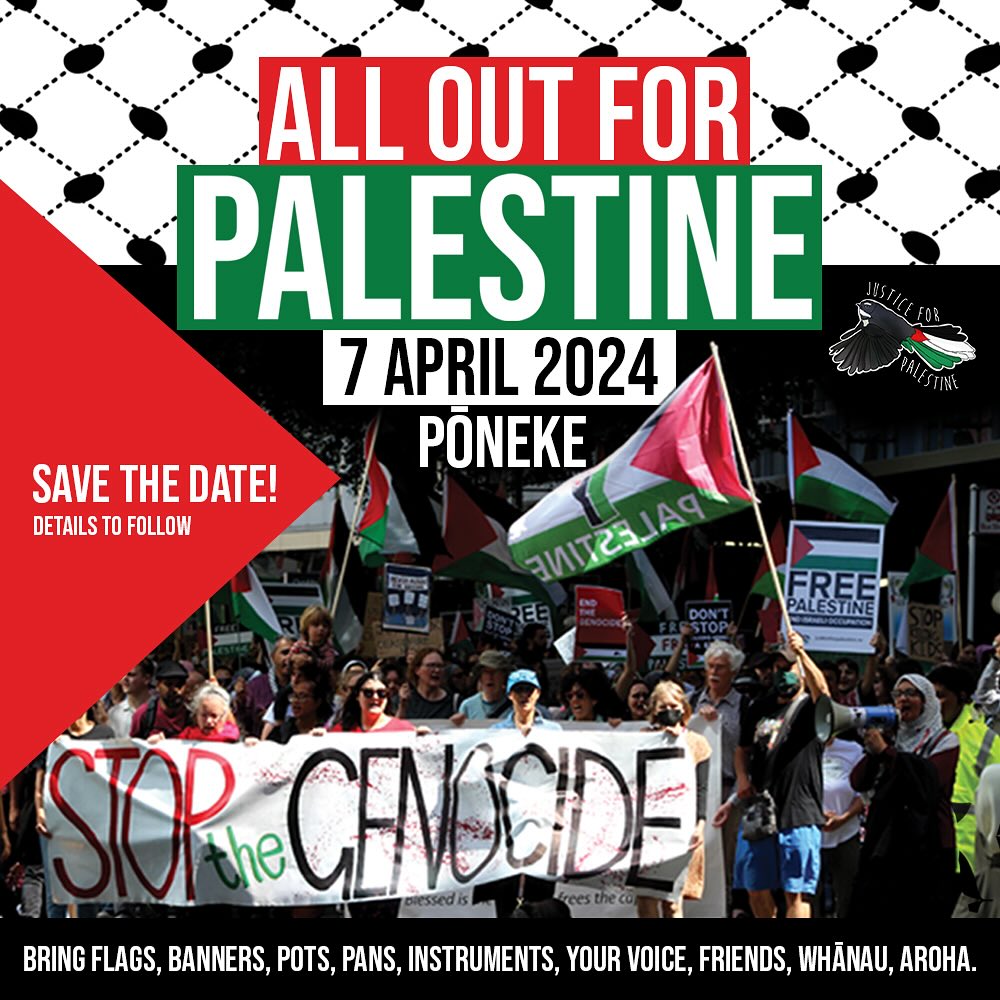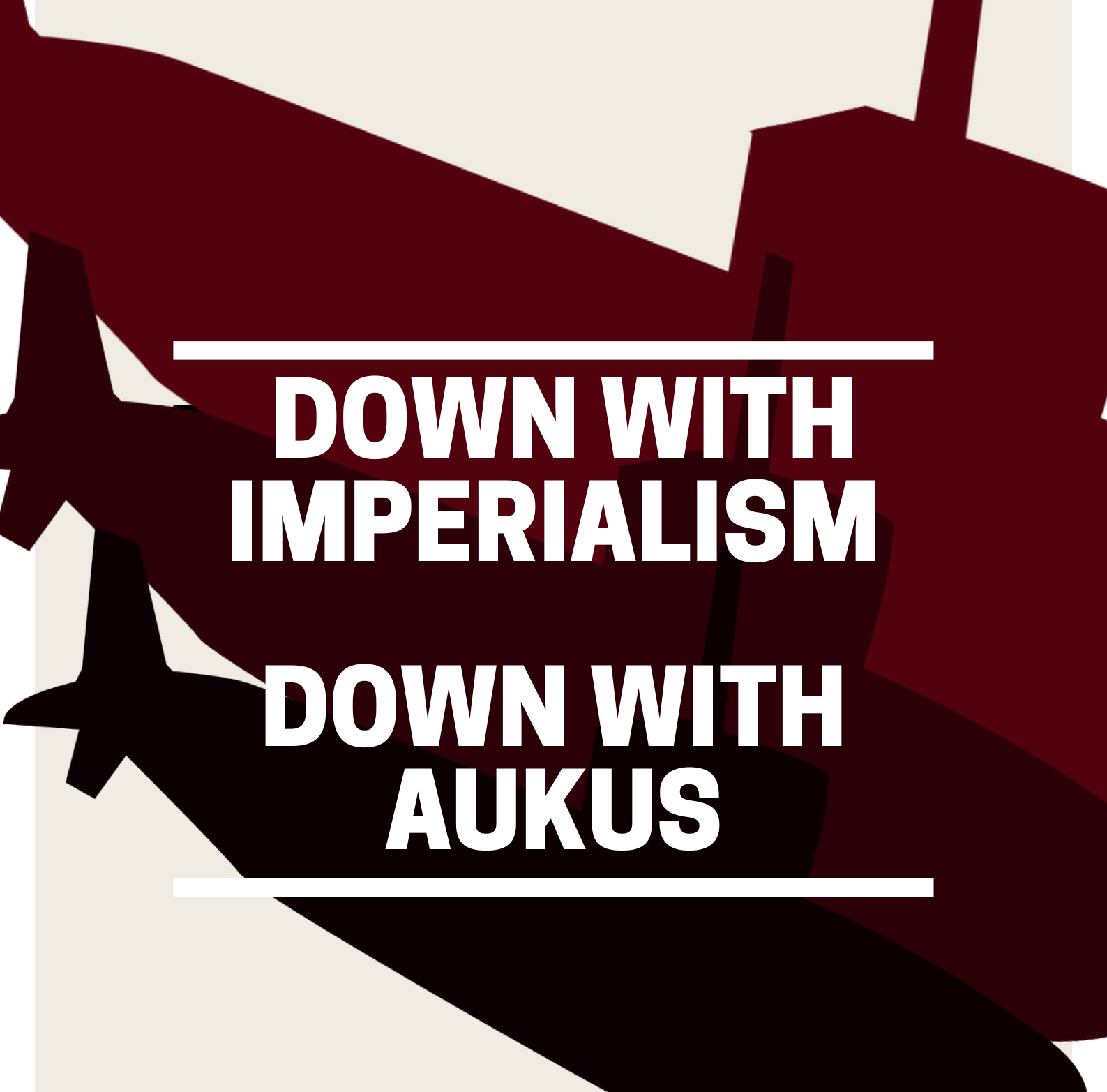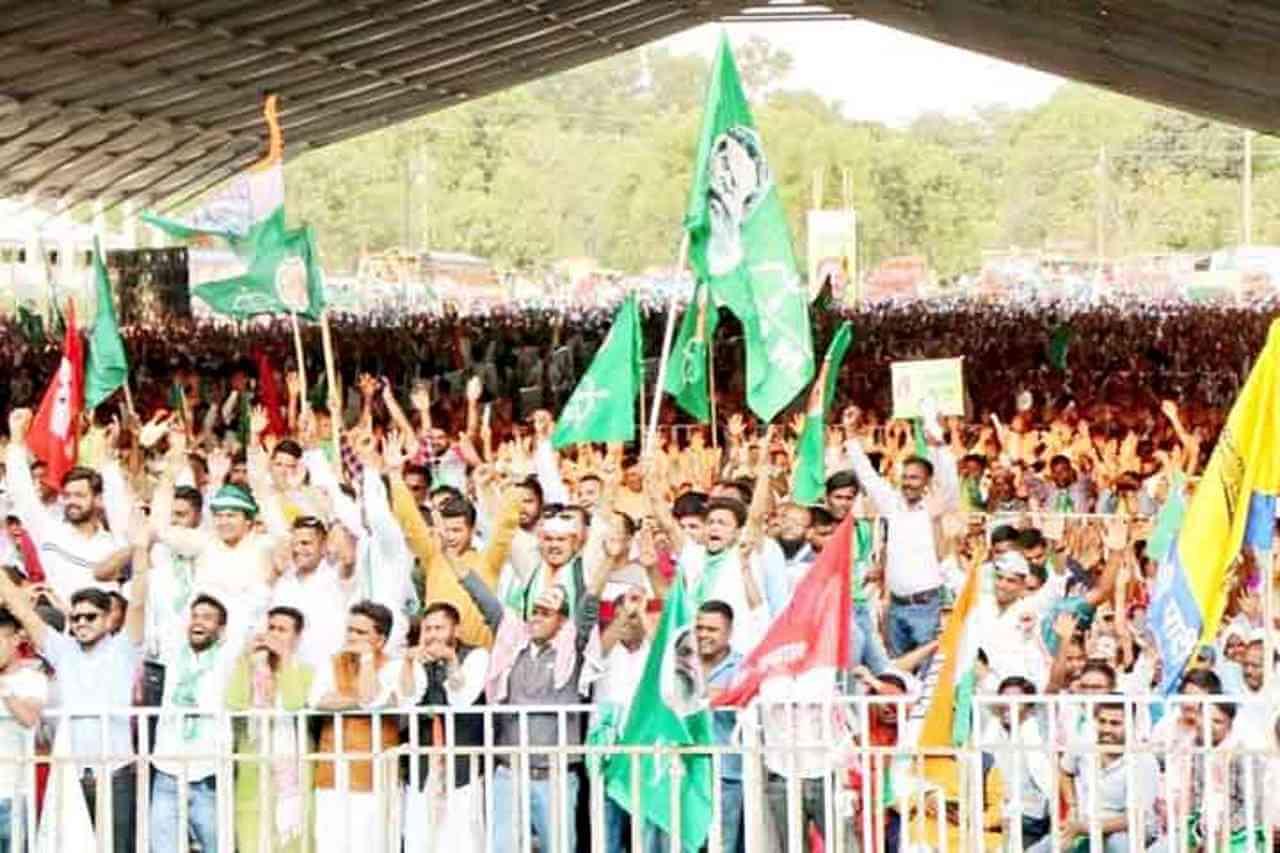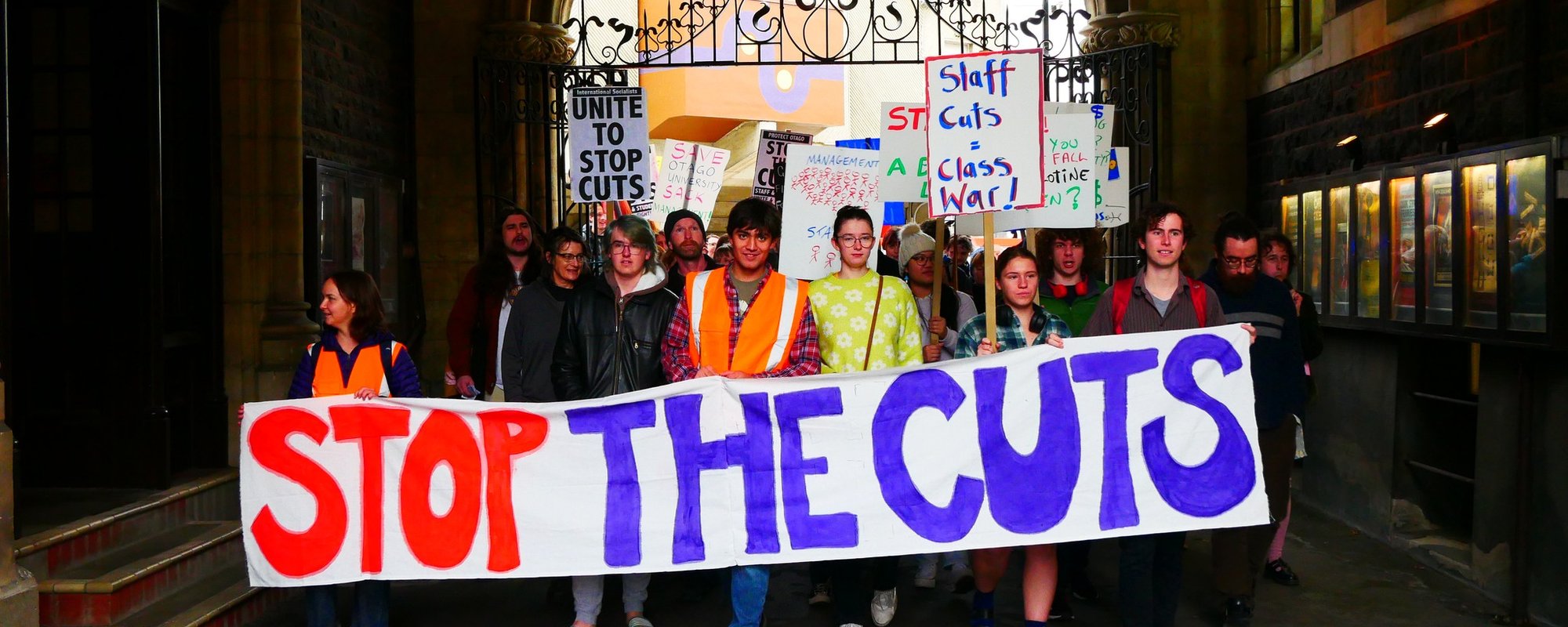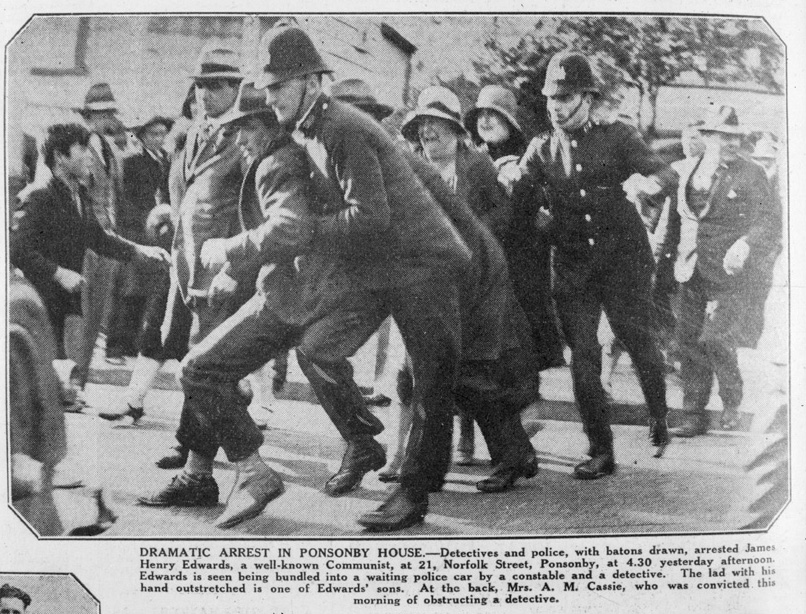All out April 7! Justice for Palestine have called this day for a major mobilisation in Wellington in solidarity with the Palestinian people. As the genocidal destruction in Gaza enters a new, even more horrifying, phase, it is essential we sustain the pressure. Publicise, mobilise, act: let’s make this next demonstration as big as we can.
It is half a year now since the beginning of the most violent and destructive concentration of Israeli attacks on the Palestinians in a generation. Everything we have seen since October 7 2023 gives the lie to the claim that this is a campaign against Hamas. It is a genocidal assault on the Palestinian people and an attempt to drive them from Gaza. Hospitals, schools, universities: nothing has been safe from Israel’s attacks. Tens of thousands have been killed. As all of this has gone on a new wave of settler and state violence against Palestinians on the west bank of the Jordan river has broken. All of this is supported, in acts if not always in words, by the United States, Europe and the so-called ‘West’, including the New Zealand state. US military and other aid to Israel, to the tune of billions of dollars a year, is what makes this violence possible. The US could end the war tomorrow by ending this aid, but business as usual in the Middle East – a reliable partner for geopolitical interests over a strategically important region – trumps the human question of genocide.
This is why solidarity matters. If the past six months have shown us Israeli barbarism on a scale almost incomprehensible, they have also thrown up the biggest and most sustained anti-war movement in a generation.
This is true world-wide, and it is true here in Aotearoa. Not since the movement against the US-led war in Iraq in 2003 have we seen numbers on the streets this consistently against imperialism and war. If the initial marches against war in 2003 were bigger than what is happening now, the movement this time around has deeper roots, is more ideologically cohered, and is facing up to bigger ideological challenges than the last.
This is a movement, not a moment, and it matters. There is a tragic irony here, of course. Winning minds against the war does not mean winning the war against minds: mass rallies cannot stop mass casualities in Palestine. We must mourn. The disjuncture between what is needed now, this instant, and what we can offer has never felt greater. But the movement channels this ‘fierce urgency of now’.
Solidarity
Mass demonstrations force the political conversation towards solidarity. This cannot happen without pressure. In October 2023 mainstream politicians refused to even discuss the call for a ceasefire, even as thousands of Palestinians died from Israeli strikes. It was mass protest that established this as a basic human starting point. Now the demand for emergency humanitarian visas takes this a step further.
The depth of the movement now, compared to 2003, gives us cause for hope. Large demonstrations, often in the thousands, regularly in the hundreds, have taken place almost weekly in Dunedin. In Christchurch, Auckland and Wellington there are almost weekly demonstrations, rallies, vigils. Health workers for Palestine hold events outside Wellington Hospital each Friday. Protests in smaller centres too were a regular feature through summer.
Solidarity matters for its own sake. The Palestinians need to know they are not alone. But it is a practical action, too. Every rally and demonstration raises the question of how we challenge Israel, and what forces can do so. That brings up the issues of boycotts, divestment, sanctions, union solidarity, anti-imperialist politics: all of the challenges we need to bring this movement forward.
Decolonising Palestine
This is also a movement for the crisis next time. Palestinians have been enduring Israeli terror for more than seventy years. This latest outrage cannot be separated from the generations’ long project of trying to drive Palestinians from their land completely. The lessons a new generation are learning from this moment will help the movement for Palestinian freedom to come.
Māori solidarity with Palestine has been a particular feature of this movement. Building on the revival of struggle from Ihumātao to today, and on Black Lives Matter globally, Palestinian solidarity is drawing sustenance and insight from anti-racist campaigns internationally. The revival of global Indigenous struggle this past decade, from #IdleNoMore to #ToitūTeTiriti, learns from and holds Palestine.
This solidarity has also broken apart the Zionist lie that support for Israel’s murderous project is universal across Jewish people globally, or that criticism of Israel’s actions is anti-Semitic. Jewish groups, mobilising proudly as Jews, have been a prominent feature of Palestine solidarity internationally, especially in Britain and the United States. Here in Aotearoa there exists a long-standing set of alliances, forged most publicly when Lorde respected the call for BDS, that put Jewish solidarity as a core partner of the Palestine freedom struggle. Dayenu and Alternative Jewish Voices are organisational expressions of this; Dr Rod Pik’s presence at many Dunedin rallies is an individual example of principled solidarity.
And, most importantly of all, Palestinian self-organisation is at the heart of everything. Twenty years of the war on terror, Islamophobia, anti-Arab racism and bigotry have had their impact, but a generation growing up among all of this is no longer prepared to tolerate its assumptions they should be quiet, grateful, meek in the face of insults and attacks.
History is happening now. What can we say we have done to shape it? The Palestine solidarity movement touches on fundamental, strategic questions. It should be our urgent focus.

